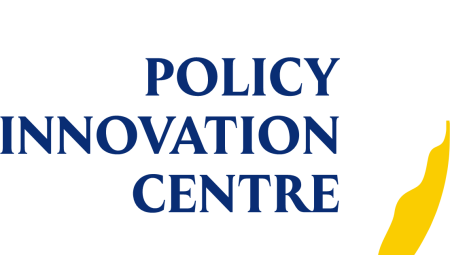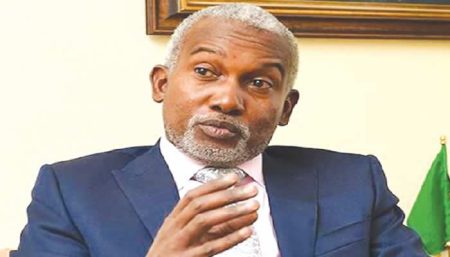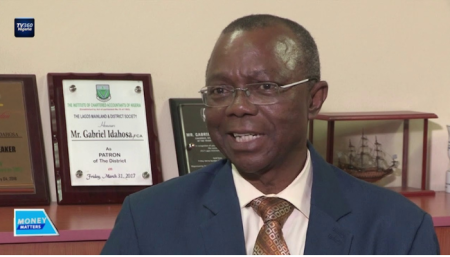Nigeria’s Export Ambitions Bolstered by UK Partnership: A Deep Dive into the Standards Partnership Programme
Nigeria’s pursuit of enhanced export capabilities received a significant boost with the unveiling of the third phase of the UK-Nigeria Standards Partnership Programme. This technical cooperation initiative, a collaborative effort with the UK Foreign, Commonwealth & Development Office (FCDO), aims to dismantle trade barriers, enhance product competitiveness, and broaden market access, particularly for Nigerian exports destined for the UK. This programme underscores the growing trade relationship between the two nations, fueled by increasing British investment interest in Nigeria and other African countries, attracted by the continent’s rich mineral resources.
The Standards Partnership Programme, launched in 2023 across 11 countries and island regions including Nigeria, stands as a testament to the commitment of both nations to fostering sustainable and inclusive growth through the application of international standards. It operates on the premise that adherence to globally recognized standards is crucial for ensuring product quality, safety, and compatibility, thereby facilitating seamless trade across borders. The programme’s overarching goal is to empower Nigerian enterprises, particularly Small and Medium Enterprises (SMEs), to meet these standards, unlocking access to lucrative international markets like the UK.
At the heart of this partnership lies the recognition of the critical role of the National Quality Council (NQC) in driving Nigeria’s quality infrastructure development. The programme seeks to deepen technical cooperation with the NQC, support the implementation of Nigeria’s National Quality Policy, and strengthen the institutional capacity of key organizations like the Standards Organisation of Nigeria (SON) and the Nigerian National Accreditation System (NiNAS). These institutions form the backbone of Nigeria’s quality infrastructure, responsible for developing and enforcing standards, ensuring conformity assessment procedures, and providing accreditation services. Their strengthened capacity will be instrumental in bolstering the credibility and competitiveness of Nigerian products in the global market.
A key aspect of the programme is the focus on metrology, the science of measurement. Accurate and reliable measurements are fundamental to ensuring product quality and compliance with international standards. The programme has facilitated the institutionalization of metrology in Nigeria, recognizing its pivotal role in enhancing trade competitiveness. By strengthening metrology capabilities, the programme aims to ensure that Nigerian products meet the precise specifications required by international markets, reducing technical barriers to trade and fostering greater confidence among importers.
The UK’s Developing Countries Trading Scheme (DCTS) further amplifies the benefits of the Standards Partnership Programme. This scheme grants duty-free and quota-free access to the UK market for thousands of products from developing countries, including over 3,500 from Nigeria. This presents a transformative opportunity for Nigerian manufacturers, agribusinesses, and SMEs to penetrate the premium UK market, expanding their reach and boosting their export revenues. The DCTS, combined with the enhanced quality infrastructure fostered by the Standards Partnership Programme, creates a powerful synergy that can propel Nigeria’s export sector to new heights.
The Standards Partnership Programme represents a pivotal moment in Nigeria’s trade journey. By strengthening its quality infrastructure, promoting adherence to international standards, and leveraging opportunities like the DCTS, Nigeria is positioning itself for increased export success and greater integration into the global economy. This partnership not only facilitates smoother trade between Nigeria and the UK but also has broader implications for Nigeria’s economic development, job creation, and social welfare. The enhanced export capacity resulting from the programme can contribute to economic diversification, generate employment opportunities, and improve living standards across the country. The programme is a significant step towards realizing Nigeria’s export ambitions and unlocking the full potential of its diverse and dynamic economy.














